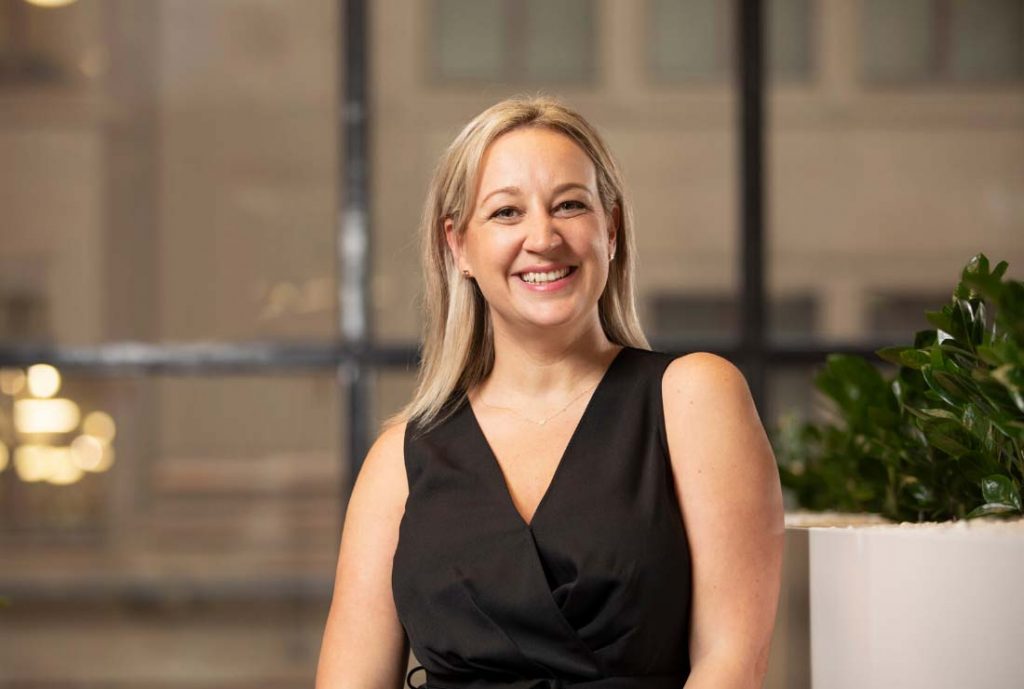12 Oct The Consumer of Now
By Nicole Thurston
We are currently living against a complex backdrop of personal, societal and global tension. On the positive side, we are seeing more connection, sustainable and ethical consumerism and a resolve to drive positive change. On the negative, we are witnessing a reality of continued social injustice, health and economic disruption and a lack of faith in traditional institutions.
It’s worth reflecting on this as we navigate the Covid-induced pivotal point in time – both personally and professionally – as we work with clients and colleagues to connect with audiences, remain relevant and build and protect brands we are proud of.
At the centre of everything in our world right now is people. I can’t recall a time when the human element of our world has been more relevant or more openly talked about. Not only have people – our audiences – developed a stronger sense of individual responsibility and a more sympathetic view towards the needs of others, they have also found their voices and have become more forthright in their expectations.
This context provides both risk and opportunity for brands to engage with consumers, employees, shareholders and government. But what does this mean, in an environment of both good news movements and brand loyalty, as well as cancel culture, distrust, fake news and misinformation? What builds a brand in this environment, and what can bring it down even faster?
Four things come to mind in understanding the “consumer of now” and the impact for brands:
- A social awakening: more meaningful consumerism
People are revaluating what is most important to them. With this emergence of more sustainable and ethical consumerism, organisations are being driven to asses their own role in helping shape a better future, with people calling for not just purpose, but purposeful action across sustainability, justice and social impact.
- Glass Box Brands
Trend Watching refers to ‘glass box tactics’ – a term articulating a shift in the nature of what it means to be a brand, along with brand transparency and authenticity. The thought is that a business was once a black box. For outsiders, it was pretty hard to see what was going on inside. The brand visible to the outside world was whatever you painted on the outside of the box. Leaders of the business had a high degree of control over what people saw.
However now, outsiders can see inside a business more than ever – the people, values, and what the people inside the box feel about what they are doing. Developed a few years ago, glass box thinking is more relevant now than ever, with the current consumer having an even higher expectation that organisations take their internal culture as seriously as they do their external brands. When done right and with authenticity, a corporate culture can be a brand’s most powerful asset.
- The purposeful and the pretenders
People are paying more attention to purposeful action, with consumers having a clearer understanding of the companies who have a true purpose, and those who are just really good at promoting it. In the past, companies have been able to put on a good show when it comes to socially conscious behaviours.
But empty acts only lead to consumer anger. As Fast Company states, “in the short term, current events have created a field of reputational landmines for brands as they try to say and do all the right things for their customers, their employees and the public.” By trying to be everything to everyone, companies have exposed whether their core values are as meaningful as they say.
- The fight for facts
Fake news is not new to 2020. But a trend watch issue of Make Shift brings to life the feeling of the ‘fight’ of 2020 perfectly. As people are “fighting off the virus, fighting inequality, fighting to maintain their livelihoods, consumers globally are trying to arm themselves with knowledge. Yet bias and misinformation are muddling what should be clear. Consumers are anxiously analysing each bit of news for themselves: What’s fact? What’s fake? What does this mean for me?” We owe people the truth. Where others mislead, it is our duty as communicators to present the facts, reject falsehoods and work with brands to push truth forward.
The way forward
Our connected world has woken people up to the negative impact consumption has had on the planet, society and our own health. Current events have impacted people physically, emotionally and financially. As we live in a time of global upheaval, our expectations of those with power do better (business and government) continues to grow, and I’m excited by the opportunity this provides brands to take a stand and put people (human beings) at the centre of their thinking and actions.


